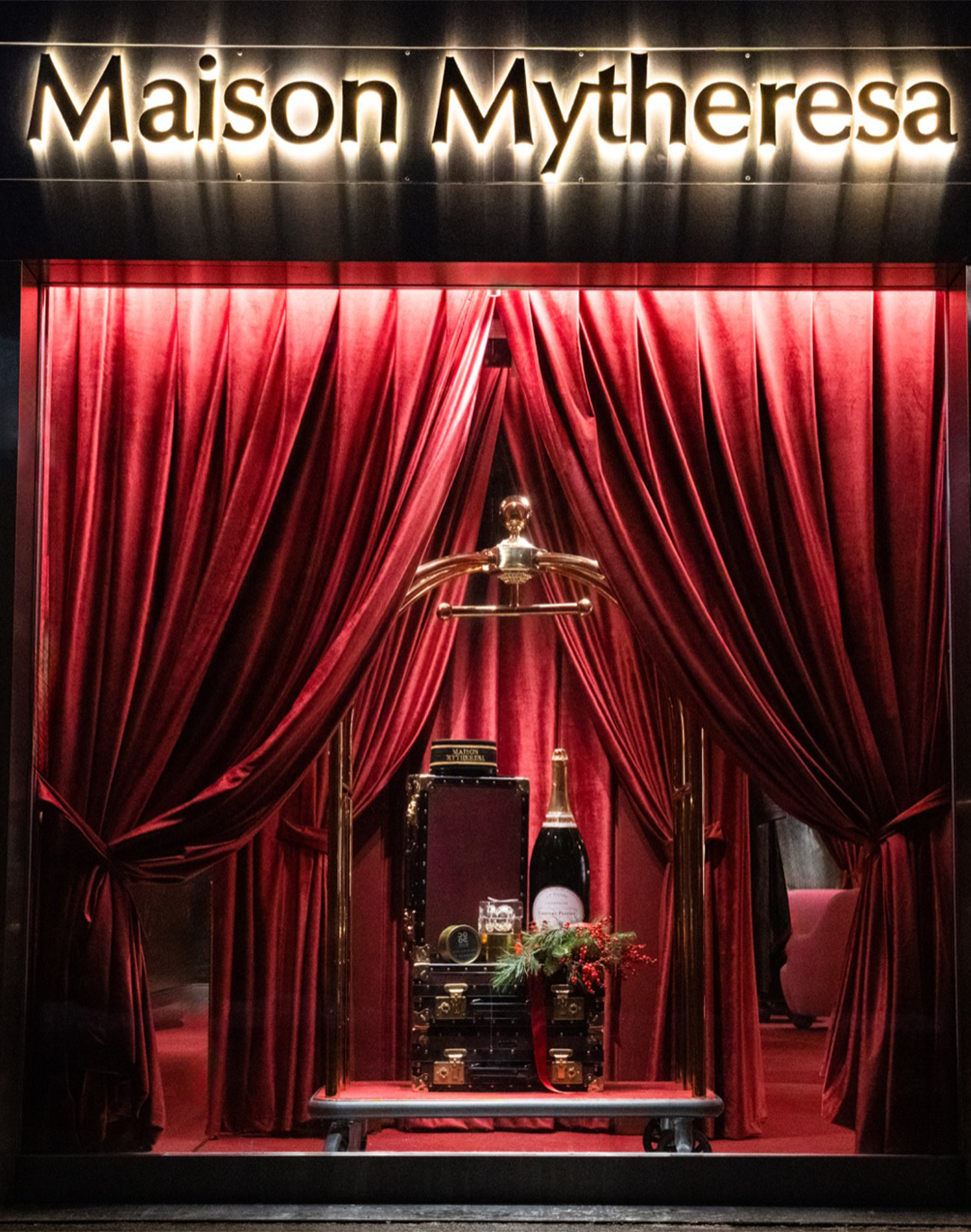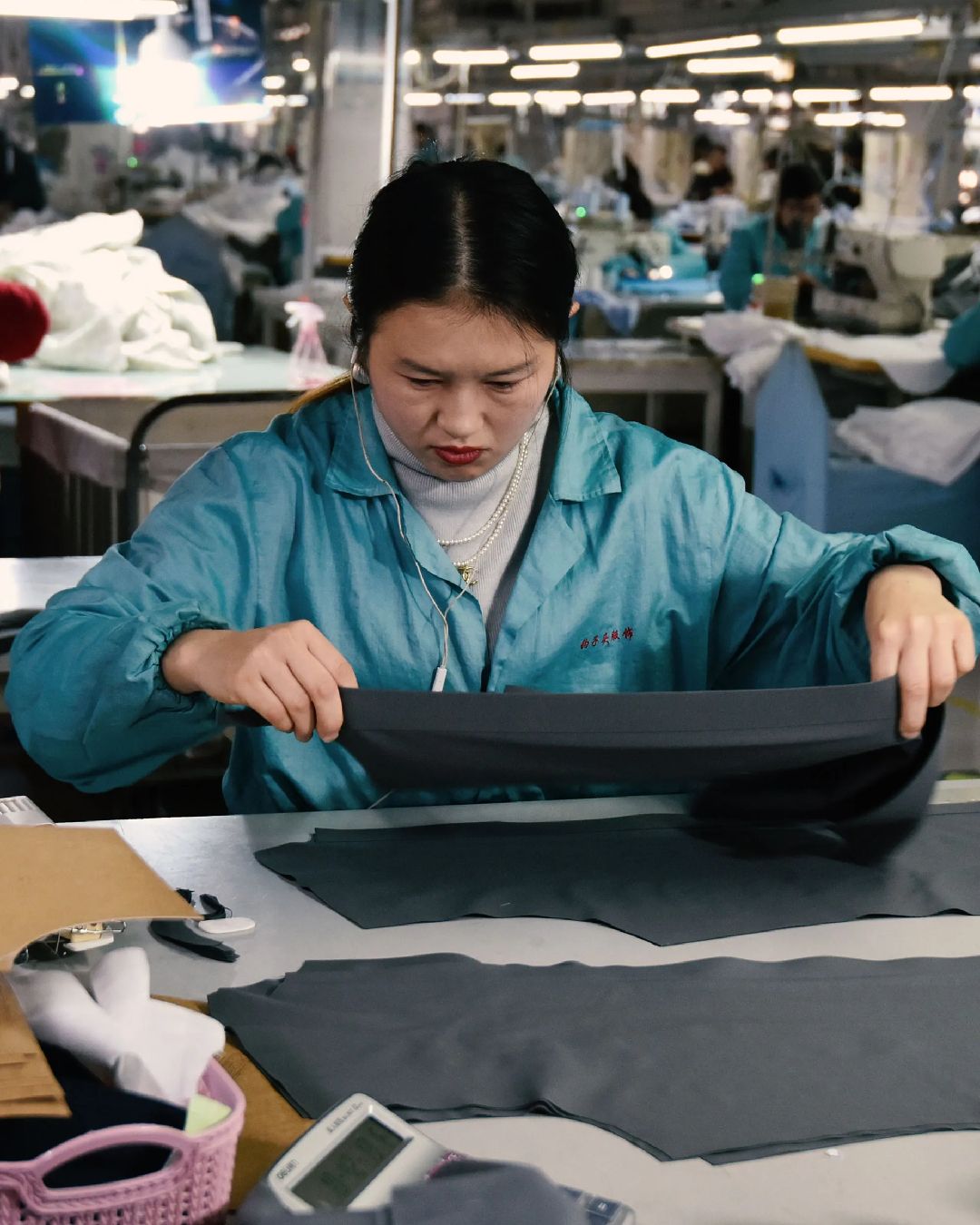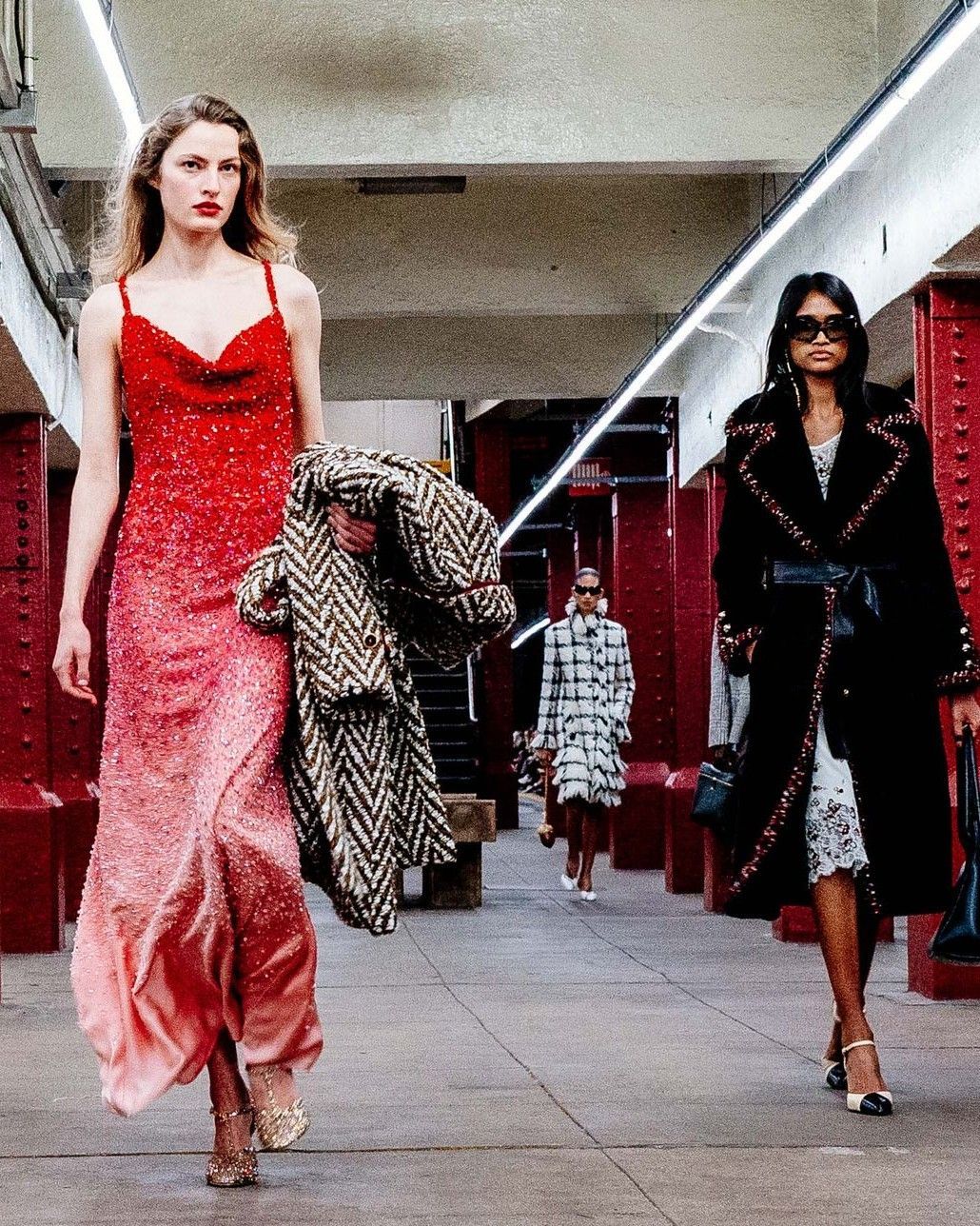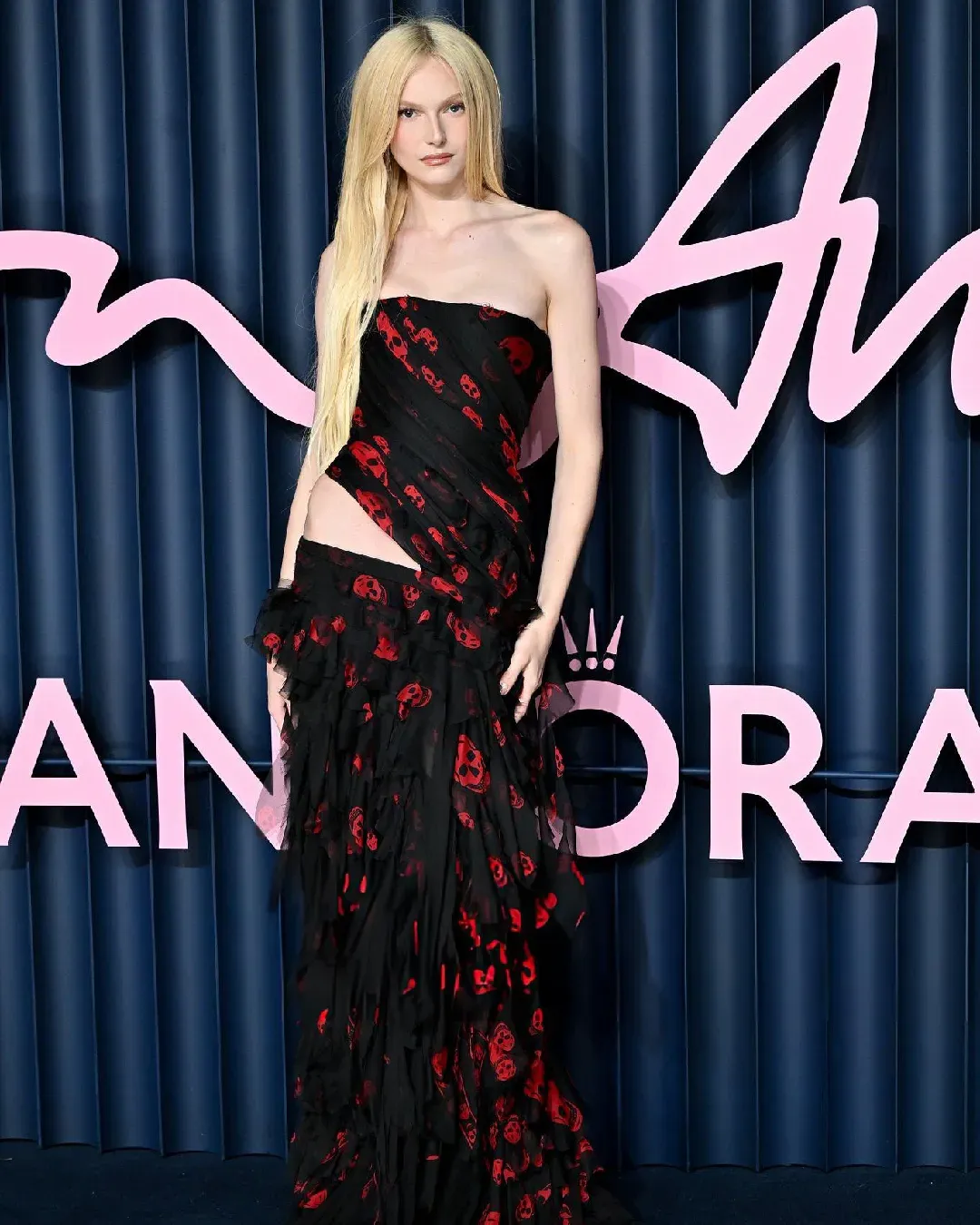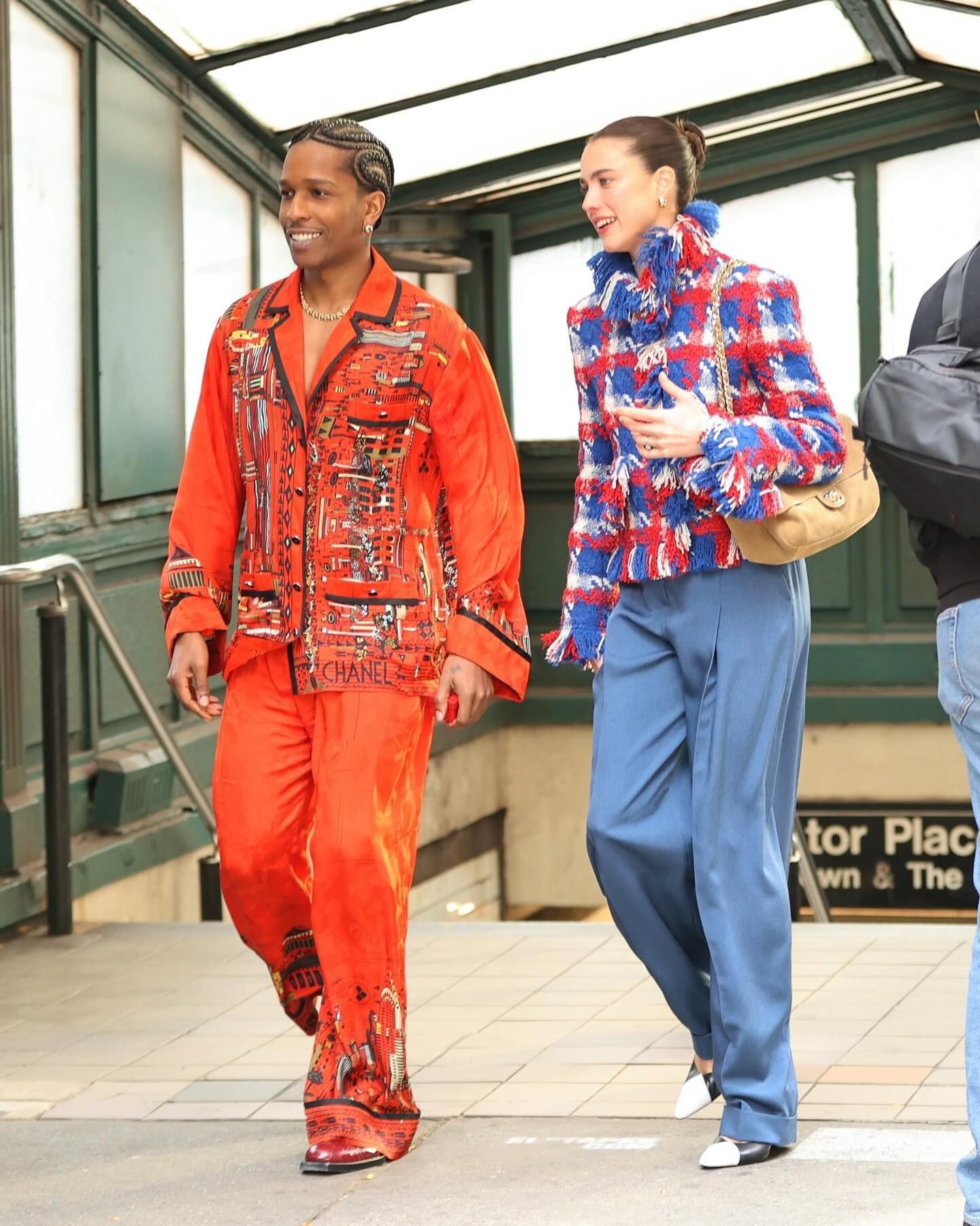
Why Chanel doesn't need an e-commerce The Maison's strategy, unique of its kind, relies entirely on its brand reputation
During this pandemic year, brands and fashion houses of every sector and calibre have had to come up with unprecedented solutions to at least partially offset the losses caused by lockdowns and store closures. In this context, Chanel has always been an exception. The historic French Maison in fact sells online mainly beauty and skincare products, fragrances and sunglasses, while for accessories and clothing it prefers to focus exclusively on in-store sales. A strategy that the brand has been pursuing since before the start of the health emergency, and which has remained unchanged in all these months, never suggesting a change in this sense. The question then remains: why doesn't Chanel have an e-commerce site?
As BoF also pointed out back in April 2020, Chanel remains one of the most desired and profitable luxury brands in the industry. Although the annual sales results won't be revealed until next June, as reported by Vogue Business, according to analysts Chanel will not be particularly affected by the lost sales caused by the closure of the stores. First of all, because that balance on which the fame and desirability of the brand are based, made up of huge demand in the face of a very small supply, has only strengthened in these pandemic months, making everything that the brand produces even more exclusive and desired. Furthermore, Chanel's prices, which like those of Hermès have risen in the last 12 months, are appealing to a consumer audience who hasn't emerged penalized by the pandemic, but that on the contrary will still have the purchasing power of before even after the pandemic. Chanel's strategy, therefore, wanted to enhance some aspects of the brand's branding, to the detriment of others: growth, both in terms of sales and corporate, has taken a back seat, leaving room for brand reputation and the desirability of the brand, two values which will become even more strategic after the end of the pandemic.
According to Chanel, e-commerce would deprive the final consumer of a central aspect in the purchase process, the experience, something that at the moment Chanel wants to maintain only in its physical stores. "Today, e-commerce is a few clicks and products that are flat on a screen. There’s no experience. No matter how hard we work, no matter how much we look at what we can do, the experience is not at the level of what we want to offer our clients", said Bruno Pavlovsky, president of Chanel Fashion and Chanel SAS to Vogue Business last October. "There are alternatives to e-commerce. Pure e-commerce is not an end per se. Service is much more important", continued Pavlovsky.
With over 43 million followers only on Instagram, with a profile filled with exclusive and interactive content, Chanel doesn't shy away from online presence, and the advantages it offers, but everything it produces and publishes is born with the desire of always standing out, to achieve always something different than the others. There was the partnership with Farfetch, for example, of which Chanel owns a small stake; the pop-up with Net-a-Porter in 2015; the digital events hosted by Sofia Coppola reserved for top clients during the pandemic months; and a five-star product delivery service has been introduced. Perfumes and beauty products, which accounted for 36% of Chanel's total revenue in 2019, are largely distributed on the brand's social media channels in China. Over the last few days, the brand launched a new app, Lipscanner, dedicated to beauty, in which augmented reality and face recognition allow customers to try (virtually) the brand's products.
Chanel's strategy remains unique in the luxury landscape. Hermès, for example, has started selling a selection of products online in recent months, as well as Patek Philippe, which has allowed some of its retailers to sell a selection of models online for the first time. Chanel's firm decision on the e-commerce front has led many to compare the brand to Bottega Veneta and its choice to leave all social media. The strategy of absence led everyone to talk about the brand led by Daniel Lee, a mediatic move that seems to be working even in the case of Chanel. If Louis Vuitton, the largest luxury brand in the world, recorded a 12% increase in online sales in 2020, +6% compared to 2019, Chanel continues on its path, and after facing the entire pandemic year without e-commerce it certainly won't change its strategy now. Although according to many in the long run Chanel will retrace its steps, at this moment the heritage, the aura, the brand value, the aspirational image that Chanel offers are enough to survive, even without online shopping.




















































